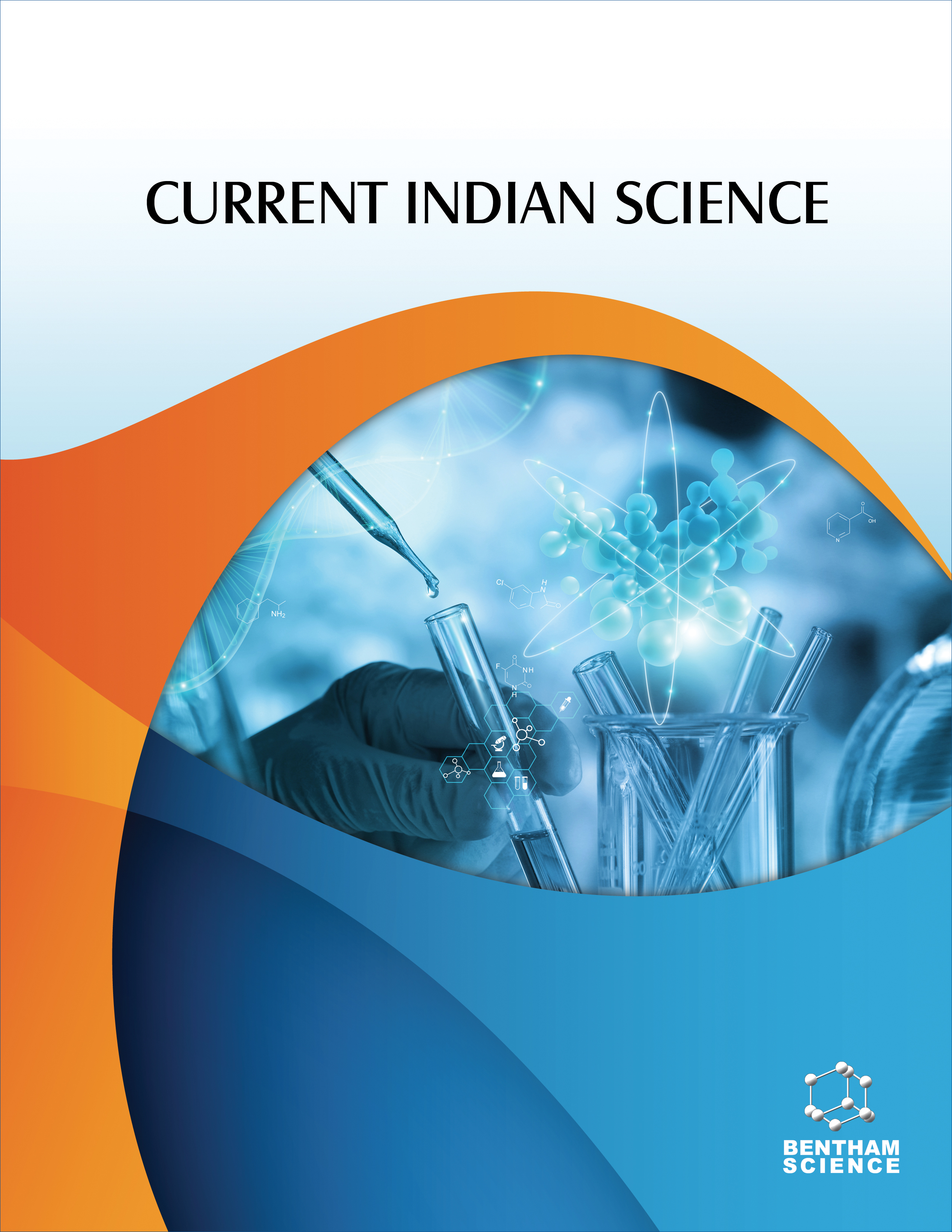-
oa Current and Traditional Approaches to Polycystic Ovarian Syndrome Treatment: A Review
- Source: Current Indian Science, Volume 3, Issue 1, Jan 2025, E2210299X366423
-
- 28 Nov 2024
- 11 Mar 2025
- 26 Aug 2025
Abstract
Among fertile women, Polycystic Ovarian Syndrome (PCOS) is a prevalent metabolic and endocrine condition. This disorder is characterised by hyperandrogenism (high levels of male hormones), recurrent anovulation (ovulation failure), and polycystic ovaries. Infertility, hirsutism, and irregular menstruation are typical symptoms. The primary objective of this review is to provide a current and comprehensive approach to treating PCOS.
The databases PubMed, Frontiers, ScienceDirect, Springer, Wiley, and MDPI were utilised for the literature search. We used keywords, such as PCOS, hirsutism, medicinal plants, obesity, anovulation, and related variations to identify relevant articles and materials.
The findings indicated that several herbal remedies, such as Saraca asoca, Moringa oleifera, Asparagus racemosus, Glycyrrhiza glabra, Panax ginseng, and Cimicifuga racemosa, as well as various natural compounds, including glycosides, anthraquinones, chlorogenic acid, apigenin, epigenin, and flavonoids, show preliminary evidence supporting their potential in the management of PCOS.
Herbal treatments are appealing because they are natural and may have fewer side effects. Several herbs have shown promise in managing PCOS symptoms. While traditional treatments for PCOS remain important, the growing interest in complementary and alternative therapies highlights the need for further research into the efficacy and safety of medicinal plants. Alternative approaches may include lifestyle modifications, nutritional supplements, and the use of herbal remedies.
This review primarily focuses on evaluating the efficacy of herbal medicines in the management of PCOS. The drawbacks of traditional therapy are driving an increase in interest in alternative treatments for PCOS management. New scientific findings and their application in conventional therapy suggest that they may play a crucial role in the overall treatment of this complex illness.



